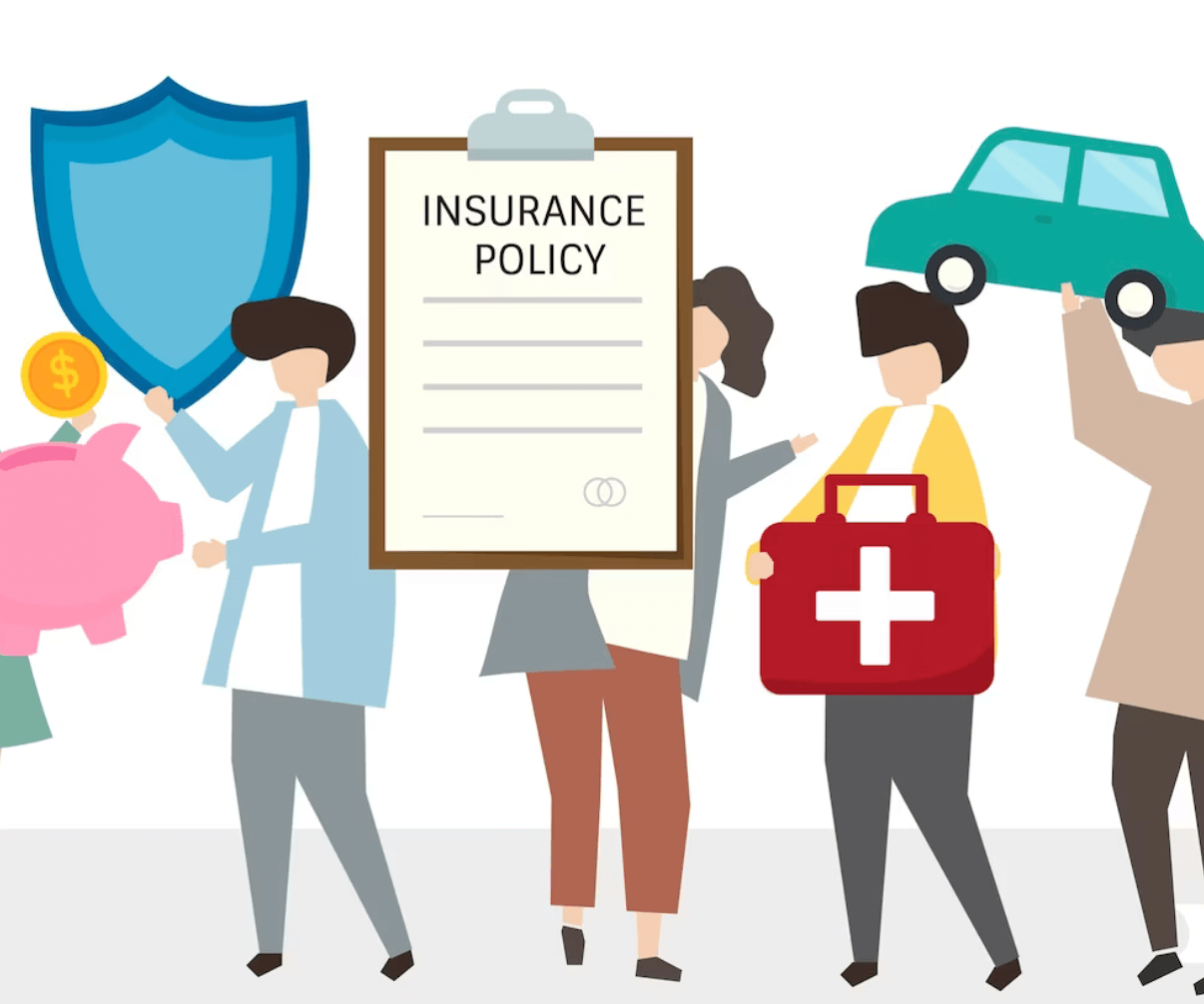Tips For Choosing Truck Rental Insurance Coverage Options. What your rental truck insurance will cover depends largely on which type of insurance coverage you purchase with your rental, plus any coverage that may be attached to the rental via your personal insurance policy. Typically, your personal insurance is used in the event of personal injury you cause in the rental truck.
Deciding on the proper level of truck rental insurance to purchase should be dictated by the type of truck you are renting and exactly what you are doing with that truck. Many of us who end up renting a truck are doing it simply to move or haul something too large to handle in our regular vehicles. Reasons for renting a truck are as varied as the type of things we will transport in these rented trucks.
One thing is certain; you will definitely want to purchase some sort of insurance coverage for your rental truck. All of the big name companies who offer truck rentals have a fairly standardized format for offering you insurance when you show up to rent one of their vehicles. Working for a truck rental company at a friend’s shop many years ago, it always amazed me how many people waived the insurance in order to save a few bucks. That was before the people in this country become so litigious, but still, it always struck me as unwise to turn down this coverage.
In essence, you have two types of truck rental; moving truck rental and business truck rental. Each type carries its own unique set of circumstances. Therefore, there are specific insurance offerings based on the needs of the renter.
For the rental truck, you can get any of the following coverage options:
-Limited Damage Waiver (LDW)
-Personal Accident Insurance (PAI)
-Supplemental Liability Insurance (SLI)
-Liability Coverage (LIA)
-Cargo Insurance (CAI)
-Towing Insurance (TWI)
Each of these insurance coverage types has its own specific value to the renter, based on his or her personal needs for the rental. The following list offers details on what each insurance option means to the consumer:
-LDW relieves the renter of any financial responsibility in the event that any loss or damage is incurred to the truck, no matter what causes an accident.
-PAI is for accidental death, plus medical coverage for the driver of the truck and passengers after the limits of your personal insurance coverage are met.
-SLI covers you in the event a third party makes a claim against you for any bodily injury or property damage incurred as a direct result of an accident with the rented truck.
-LIA protects the renter up to the limits of the financial responsibility law in the state or municipality where the accident has occurred.
-CAI will cover the items you are hauling inside the truck in the event of accident or natural disaster. This typically covers you from the time the items are loaded onto the truck until they are unloaded.
-TWI covers any vehicle or trailer you are towing in the event of collision damage.
It is very important to check with your regular insurance carrier before renting a truck to see exactly what coverage may overlap before you sign on the dotted line. This is especially true if you are renting a truck for your business, as the insurance coverage you have on other fleet vehicles may already offer supplemental coverage for rentals as well.
While working in the service group of a water treatment equipment company, we had to waive insurance at the rental counter, since the company policy was tailored to cover us when renting vehicles for service work. You should always check with your employer to see how they want the insurance to be handled, and make sure that it is in writing and that you understand any ramifications completely before signing anything.
It may surprise you to learn how much your personal insurance covers when an accident occurs and there is personal injury or property damage.
